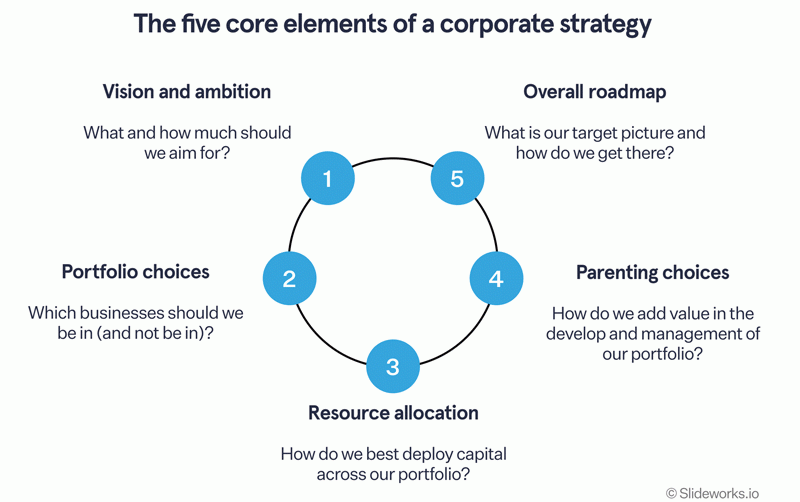
RECRUITMENT is one of the most critical responsibilities in human resources (HR), directly impacting an organisation’s long-term success.
However, it is also one of the most vulnerable areas to corruption and bias. Across industries, hiring practices are often tainted by favouritism, nepotism and unethical behaviours.
These issues undermine fairness, reduce organisational performance, and erode trust within teams. Addressing these challenges requires a commitment to integrity, evidence-based practices and the implementation of a robust recruitment and selection policy.
Bias, corruption in hiring
Many managers inadvertently or deliberately compromise the hiring process by prioritising personal relationships over professional merit.
It is not uncommon to encounter managers who prefer candidates they have worked with before, often motivated by loyalty rather than an objective assessment of capability.
While familiarity can be comforting, it raises an important question: Are there no better candidates out there?
Some managers seek to perpetuate existing relationships at the expense of hiring individuals with the skills and potential to drive organisational success.
- Zim’s human rights record examined
- Bulls to charge into Zimbabwe gold stocks
- We are being targeted: CSOs
- Samaita owes success to God
Keep Reading
Others engage in outright unethical practices, such as leaking interview questions to favoured candidates or bringing in relatives without due process. These actions are symptomatic of a deeper issue: a lack of understanding or disregard for the principles of merit-based recruitment.
The key question becomes: Are these managers true leaders, or are they individuals elevated to positions without the requisite knowledge or appreciation of their responsibilities?
This question underscores the need for a structured and transparent recruitment process backed by evidence-based practices.
The solution
To address the challenges of bias and corruption in hiring, organisations must establish a robust recruitment and selection policy. Such a policy serves as a guide for fair, consistent, and transparent hiring practices.
Importantly, it should focus on evidence-based factors that predict job performance rather than subjective or irrelevant criteria.
Research, particularly meta-analyses of hiring practices, has consistently identified four key predictors of job performance:
Cognitive ability: General mental ability (GMA) is the strongest predictor of job performance across all roles and levels. It reflects a candidate’s capacity to think critically, solve problems, and adapt to new challenges. Incorporating cognitive ability tests into the hiring process can significantly improve the quality of hires.
Integrity: Integrity — encompassing honesty, reliability and ethical behaviour — is another critical predictor of performance. High-integrity employees contribute to a positive workplace culture and are less likely to engage in counterproductive behaviours.
Job knowledge: Job knowledge refers to practical, usable knowledge acquired through education and experience. However, it is important to distinguish this from formal qualifications. Many candidates possess degrees or extensive experience but lack the practical knowledge needed to excel in their roles. Employers should prioritise assessing the depth and applicability of a candidate’s knowledge.
Personality traits: Certain personality traits are strongly linked to job success. One universal trait is conscientiousness — the tendency to be organised, dependable, and self-disciplined. Depending on the role, other traits such as emotional stability, agreeableness, or extraversion may also be important. For example, roles requiring teamwork benefit from high agreeableness, while leadership positions require emotional resilience and assertiveness.
Common hiring pitfalls
Despite the availability of evidence-based hiring tools, many organisations continue to focus on factors that research shows have little or no relationship with job performance. These include:
Years of experience: While experience can provide valuable insights, its quantity often matters less than its quality. A candidate with 10 years of mediocre experience is unlikely to outperform someone with five years of exceptional, relevant experience.
Level of education or years of schooling: A higher level of education or additional years of schooling does not necessarily equate to better performance. What matters more is whether the candidate’s education has equipped them with the knowledge and skills needed for the role.
Demographics (gender and age): Characteristics such as gender and age have no bearing on job performance. Organisations should actively eliminate biases related to these factors, ensuring that all candidates are evaluated based on merit.
Evidence-based practices
To ensure fairness and effectiveness in hiring, organisations should adopt the following strategies:
Structured interviews: Develop standardised interview questions based on the competencies required for the role. Use behaviourally anchored rating scales (BARS) to evaluate candidates consistently and objectively.
Cognitive ability tests: Incorporate validated tests to assess candidates’ problem-solving abilities and critical thinking skills. These tools are especially useful for roles requiring analytical or strategic thinking.
Integrity assessments: Use integrity tests or structured interview questions to evaluate candidates’ ethical decision-making and reliability.
Personality assessments: Depending on the role, consider using personality assessments to identify traits that align with job requirements. For example, conscientiousness is universally important, while extraversion may be critical for sales roles.
Job knowledge tests: Design practical assessments or case studies to evaluate a candidate’s knowledge and ability to apply it in real-world scenarios. Avoid relying solely on qualifications or resumes.
Role of leadership in hiring
HR professionals and managers play a pivotal role in shaping the quality of the workforce. Leaders must champion merit-based recruitment and hold themselves accountable to the highest standards of integrity. This includes resisting the temptation to prioritise personal preferences or relationships over organisational needs.
Organisations should also invest in training managers on evidence-based hiring practices. Equipping leaders with the knowledge and tools to assess candidates effectively can transform recruitment processes and enhance overall performance.
Hiring for org success
Recruitment is not merely about filling vacancies; It is about building a workforce capable of driving organisational success. By focusing on evidence-based predictors of performance — cognitive ability, integrity, job knowledge, and personality traits — organisations can significantly improve their hiring outcomes.
At the same time, it is crucial to eliminate biases and avoid overemphasising irrelevant factors such as years of experience, education level, or demographics.
A well-designed recruitment and selection policy, grounded in research and guided by ethical principles, can help organisations navigate the challenges of hiring with confidence and integrity.
In the end, effective recruitment is a strategic investment in an organisation’s future. By prioritising merit and aligning hiring practices with evidence-based principles, organisations can build high-performing teams.
- Nguwi is an occupational psychologist, data scientist, speaker and managing consultant at Industrial Psychology Consultants (Pvt) Ltd, a management and HR consulting firm. — https://www.linkedin.com/in/memorynguwi/ Phone +263 24 2481 946-48/ mobile: +263 772 356 361, [email protected] or visit ipcconsultants.com.











